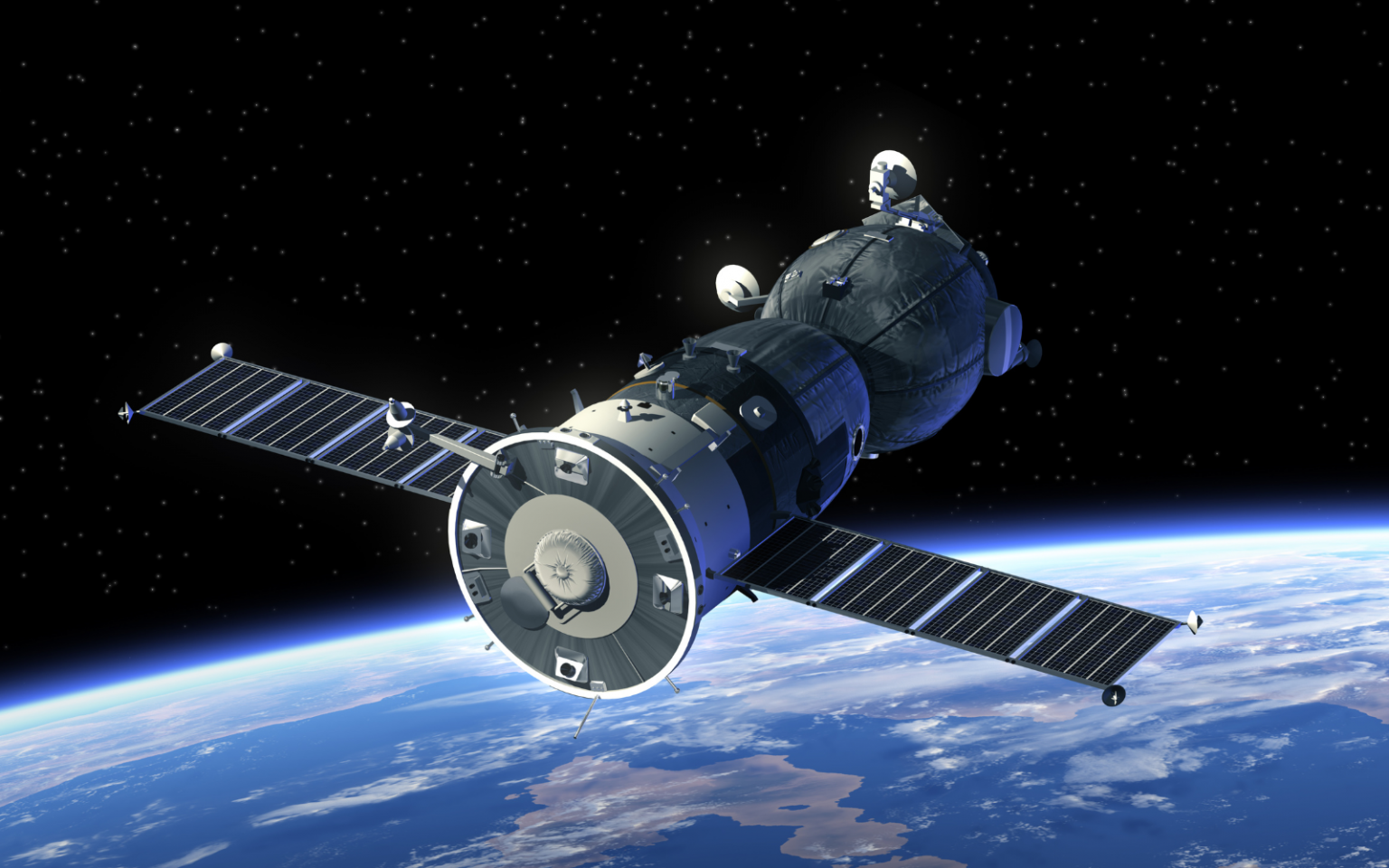With the current buzz around artificial intelligence (AI), it would be easy to assume that it is a recent innovation. In fact, AI has been around in one form or another for more than 70 years. To understand the current generation of AI tools and where they might lead, it is helpful to understand how we got here. Each generation of AI tools can be seen as an improvement on those that went before, but none of the tools are headed toward consciousness. The mathematician and computing pioneer Alan Turing published an article in 1950 with the opening sentence: “I propose to…
Author: The Conversation
Humans can’t help being fascinated by space. And that interest seems to be making the possibility of moving humanity to another planet, like Mars or the Moon, more distinct, with NASA hoping to set up colonies in the next few decades. But these missions will only be viable if astronauts can produce their own food. To colonise Mars, settlers will have to grow their own food in systems that are as close to self-perpetuating as possible, with little or no input from Earth once these systems have been established. This is because Mars is 54.6 million km away from Earth, and it would…
The promised artificial intelligence revolution requires data. Lots and lots of data. OpenAI and Google have begun using YouTube videos to train their text-based AI models. But what does the YouTube archive actually include? Our team of digital media researchers at the University of Massachusetts Amherst collected and analyzed random samples of YouTube videos to learn more about that archive. We published an 85-page paper about that dataset and set up a website called TubeStats for researchers and journalists who need basic information about YouTube. Now, we’re taking a closer look at some of our more surprising findings to better understand how these obscure videos might become part…
The US military recently launched a groundbreaking initiative to strengthen ties with the commercial space industry. The aim is to integrate commercial equipment into military space operations, including satellites and other hardware. This would enhance cybersecurity for military satellites. As space becomes more important to the world’s critical infrastructure, the risk increases that hostile nation-states will deploy cyber attacks on important satellites and other space infrastructure. Targets would include spy satellites or military communications satellites, but commercial spacecraft too. The US Department of Defense believes its new partnership, called Commercial Augmentation Space Reserve (CASR), would enhance US national security and the country’s…
Our latest research has found that clickable links on websites can often be redirected to malicious destinations. We call these “hijackable hyperlinks” and have found them by the millions across the whole of the web, including on trusted websites. Our paper, published at the 2024 Web Conference, shows that cybersecurity threats on the web can be exploited at a drastically greater scale than previously thought. Concerningly, we found these hijackable hyperlinks on the websites of large companies, religious organisations, financial firms and even governments. The hyperlinks on these websites can be hijacked without triggering any alarms. Only vigilant – some…
For about 15 minutes on July 21, 1961, American astronaut Gus Grissom felt at the top of the world – and indeed he was. Grissom crewed the Liberty Bell 7 mission, a ballistic test flight that launched him through the atmosphere from a rocket. During the test, he sat inside a small capsule and reached a peak of over 100 miles up before splashing down in the Atlantic Ocean. A Navy ship, the USS Randolph, watched the successful end of the mission from a safe distance. Everything had gone according to plan, the controllers at Cape Canaveral were exultant, and Grissom knew he…
With the Winter holidays now upon us, many people will be looking forward to kicking back with a good novel, or having the time to read longer articles. However, technology is making it harder and harder for us to concentrate on long texts, and many of us give up after a few minutes. Instead, we find ourselves jumping from task to task, or from window to window on the computer and struggle to find the peace of mind to concentrate on anything for more than a few minutes. Whether working or relaxing, we are immersed in nearly constant screen time,…
Digital technology has hugely improved healthcare in many ways. It’s now possible to test patients on the spot – in a clinic or hospital – for many health conditions. Digital diagnostic devices can analyse samples like sweat, saliva, faeces, tears and breath for signs of major diseases such as cancer and HIV. Testing at the point of care – where the patient is being treated – saves time that would have been spent waiting for results to come back from a laboratory. Test results can be stored in a digital medical record to keep healthcare providers informed about a patient’s…
You may have seen headlines that link social media to sadness and depression. Social media use goes up, happiness goes down. But recent studies suggest those findings might not be so straightforward. Although it is true that people’s feelings of envy and depression are linked to high social media use, there is evidence to suggest social media use may not be causing that relationship. Instead, your mindset may be the biggest thing affecting how social media connects to your well-being. People who feel they can use social media, rather than social media “using them”, tend to gain more benefits from their…
Imagine a future where your phone pings with a message that your dead father’s “digital immortal” bot is ready. This promise of chatting with a virtual version of your loved one – perhaps through a virtual reality (VR) headset – is like stepping into a sci-fi movie, both thrilling and a bit eerie. As you interact with this digital dad, you find yourself on an emotional rollercoaster. You uncover secrets and stories you never knew, changing how you remember the real person. This is not a distant, hypothetical scenario. The digital afterlife industry is rapidly evolving. Several companies promise to create virtual…










